Zohran Mamdani vowed to “reinvent” New York City in a speech on his first day as mayor, promising “a new era” for America’s largest city and an ambitious start to his term of office.
The 34-year-old political star and democratic…

Zohran Mamdani vowed to “reinvent” New York City in a speech on his first day as mayor, promising “a new era” for America’s largest city and an ambitious start to his term of office.
The 34-year-old political star and democratic…
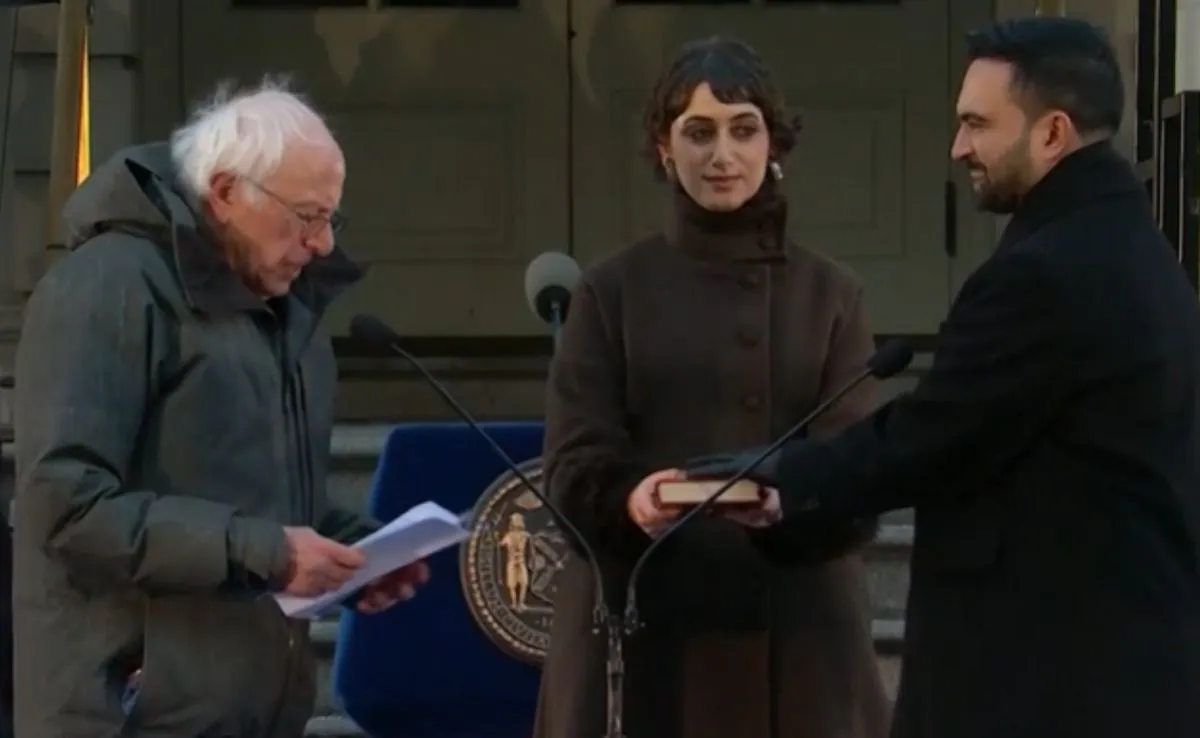
Zohran Mamdani was inaugurated as New York City’s mayor in a public event on Thursday (local time), becoming the city’s…
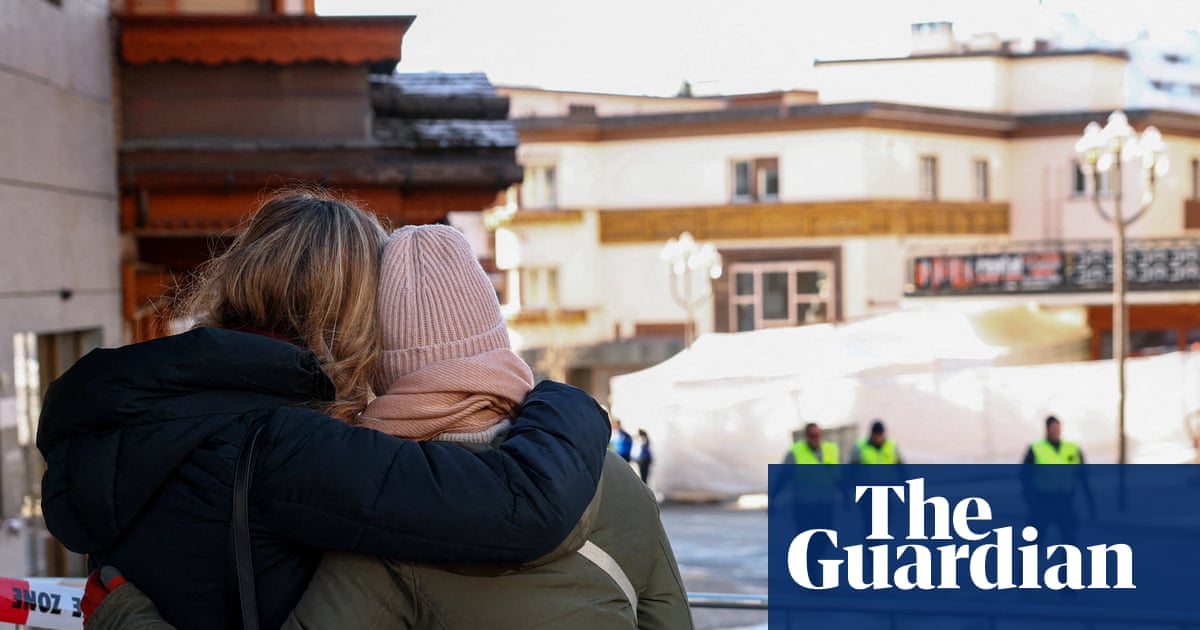
The new year had passed its first hour and the party in Le Constellation was in full swing with revellers dancing to thumping hip-hop. Dawn was far off and the teenagers and twenty-somethings were in no hurry to leave the bar. It was, after all,…
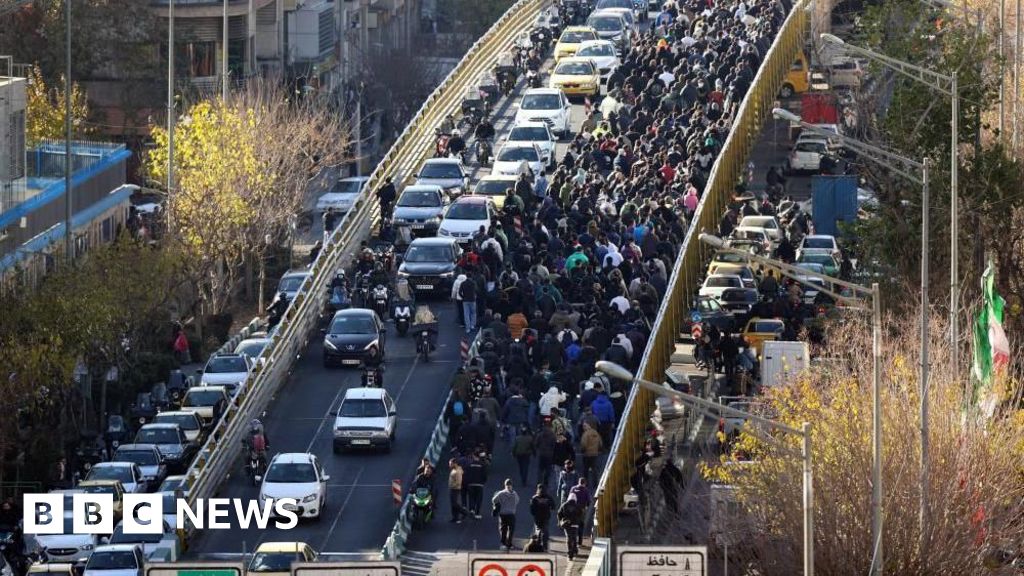
Two people are reported to have been killed during growing unrest in Iran on the fifth day of protests over the soaring cost of living.
Both the semi-official Fars news agency and human rights group, Hengaw, said people had died during clashes…

Key events
And that concludes our live coverage of Zohran Mamdani’s historic inauguration. Thank you so much for reading along, and wishing you all a safe and healthy new year.
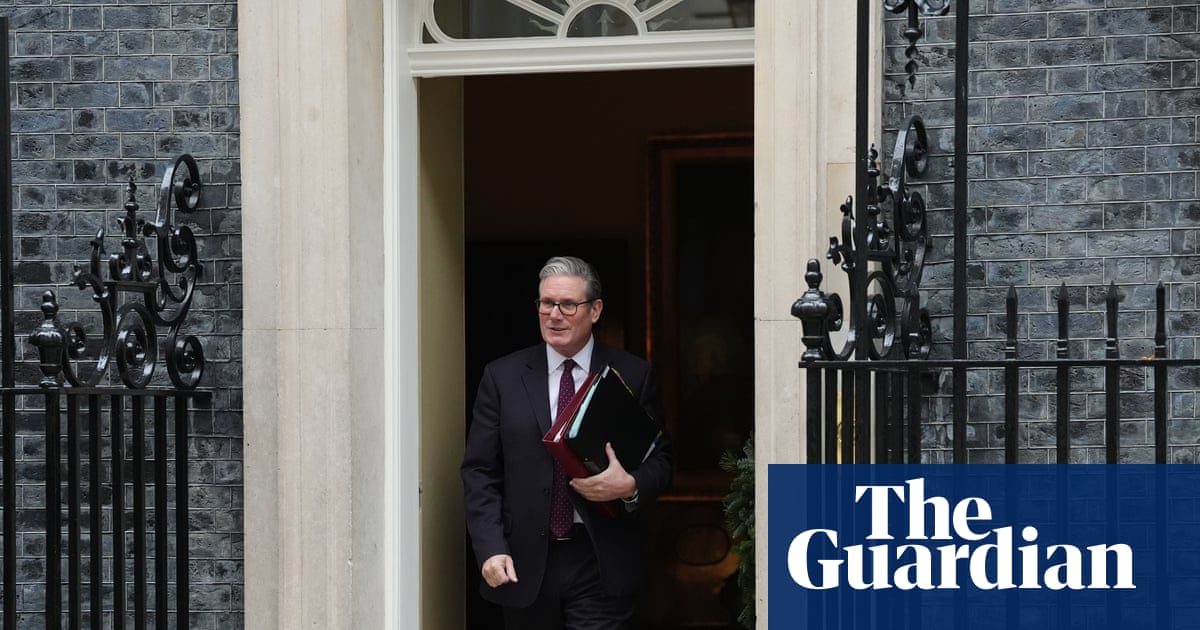
“Did 2025 mark the end of British parliamentary democracy as we know it?” asks the headline on Andy Beckett’s article (25 December). Let’s hope not, but the case for moving to a proportional-representation-based system seems clear. The…
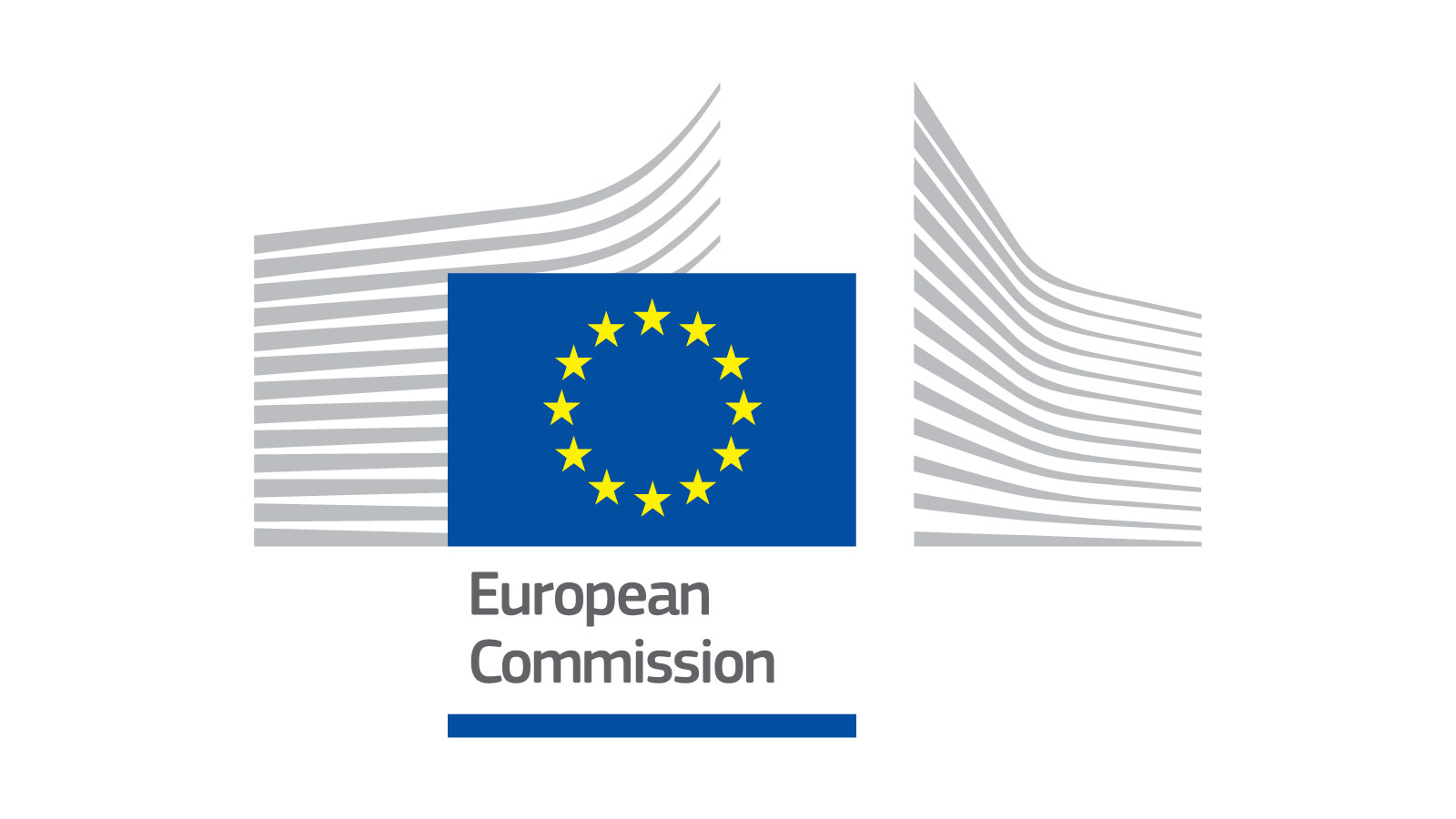
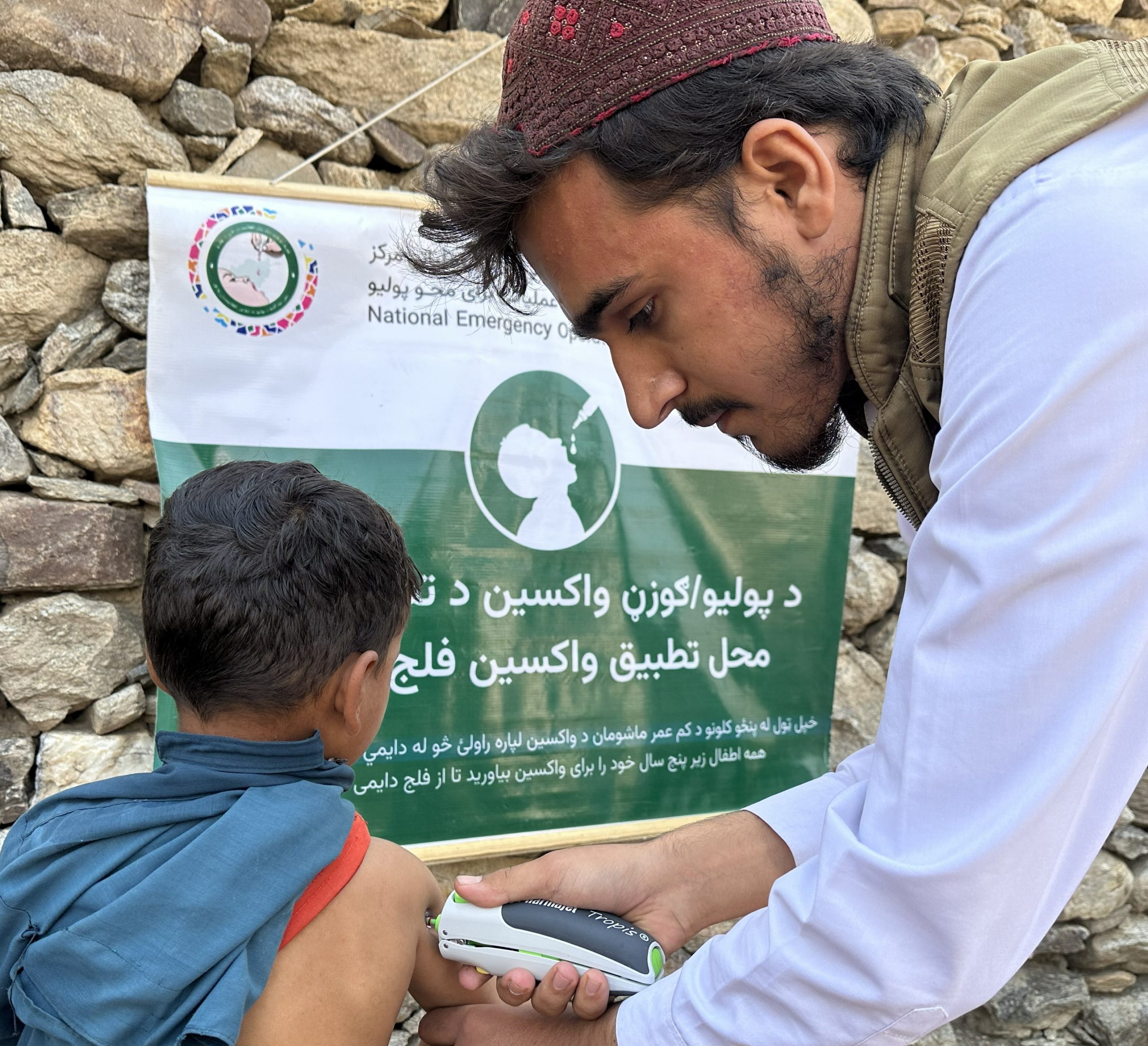
On a cloudy early morning in Afghanistan’s Laghman province, Dr Arsala set out for Alingar—a rugged, mountain-wrapped district he had visited…
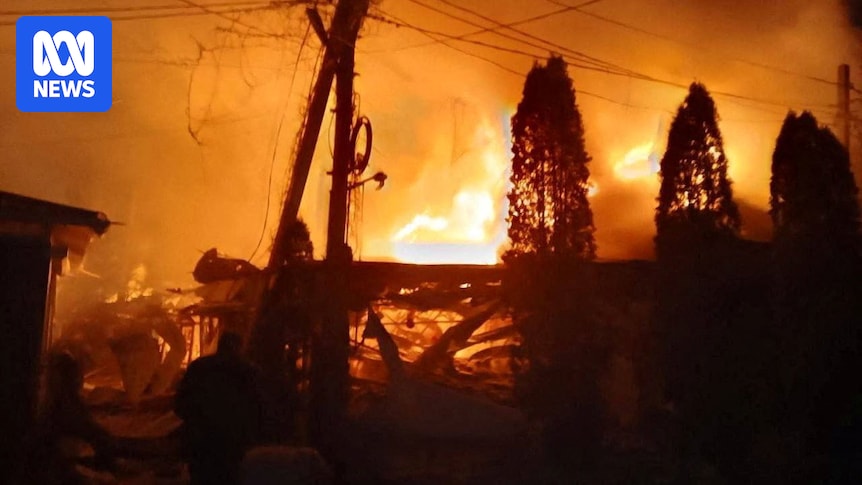
A Ukrainian drone attack on a Russian-held part of Ukraine’s southern Kherson region has killed at least 20 people, a Moscow-installed governor and Russian authorities have said.
“Three UAVs struck a cafe and hotel on the Black Sea coast in…